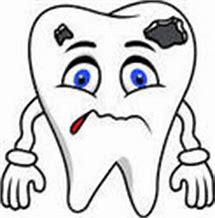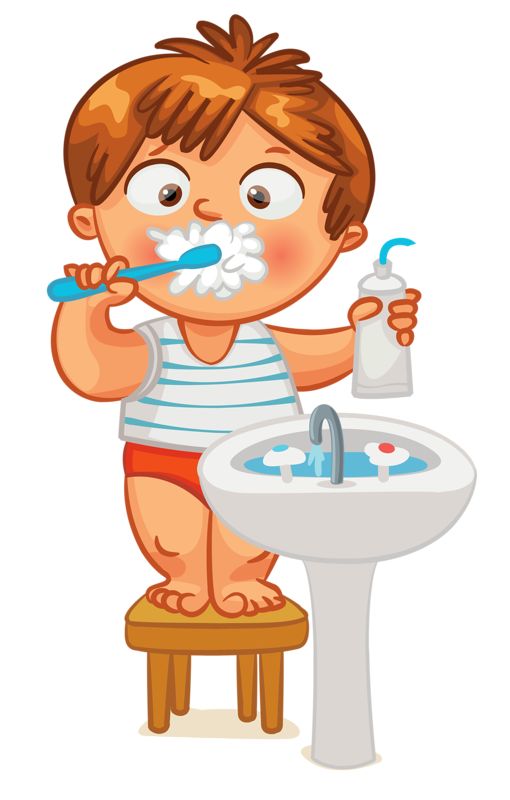5 Facts About Cavities
March 8th, 2019
1.Cavities are a form of tooth decay
Tooth decay is a scary term. It brings up images of rotting, yellowing and crooked teeth that most of us don’t like to think about.
While it takes a lot of decay for teeth to end up like that, tooth decay does have adverse effects on our overall health. According to the National Institute of Dental and Craniofacial Research, 26 percent of adults between the ages of 20 and 64 have some form of tooth decay that has been untreated.
When left like this, the decay can spread and cause a much bigger problem than a cavity and simple filling.
2.There are no age limits to cavities
Cavities can form as early as your first tooth and as late as your last tooth. For infant children who are first starting out with teeth, it is important to get them to the dentist within 6 months of their first tooth sprouting. A dentist will keep an eye on their tooth development and help teach you how to care for your infant’s teeth as they progress.
On the other hand, more mature patients are seeing an increase in the number of cavities in their teeth. This is oftentimes because of medicines that dry out the saliva in their mouth – and saliva protects the teeth from damaging bacteria.
3.Sugar (sort of) rots your teeth
Sugar and other carbohydrates often kick-start acid production from bacteria in your mouth. This acid is what wears down your teeth and their resistance to cavities. Surprisingly, carbohydrates can be found in almost anything but protein – so just take care of your teeth after you eat.
4.Prevention is your best defense against cavities
Once you have a cavity, the decay can be stopped and the tooth patched – but the decay cannot be reversed. That is why it is so important for you to maintain a good oral hygiene routine.
Brushing, flossing and using a mouth rinse will help ensure you are cleaning as much bad bacteria off of your teeth as possible. Regular check-ups at the dentist will help clean any areas you missed (and keep you adjusting your brushing and flossing to account for those missed spaces).
5.You cannot always tell when you have a cavity
In fact, if you wait until you think you have a cavity to sit in the dentist’s chair for a check-up, the decay has oftentimes done more damage than if it was caught when it started at a regular check-up. Dentists have years of training and practice looking for signs of tooth decay in your mouth. Plus, they can really examine every surface of your teeth up close.
Experts recommend you visit your dentist at least once every six months for a thorough cleaning and just to be sure there’s nothing that needs to be fixed.
Tooth decay can be scary – but it is controllable. With a proper oral hygiene routine practiced regularly, bi-annual check-ups at the dentists and treating cavities right away, your adult teeth can last you a long time without giving you any major problems. If you’re behind on your check-ups, give our office a call today!




